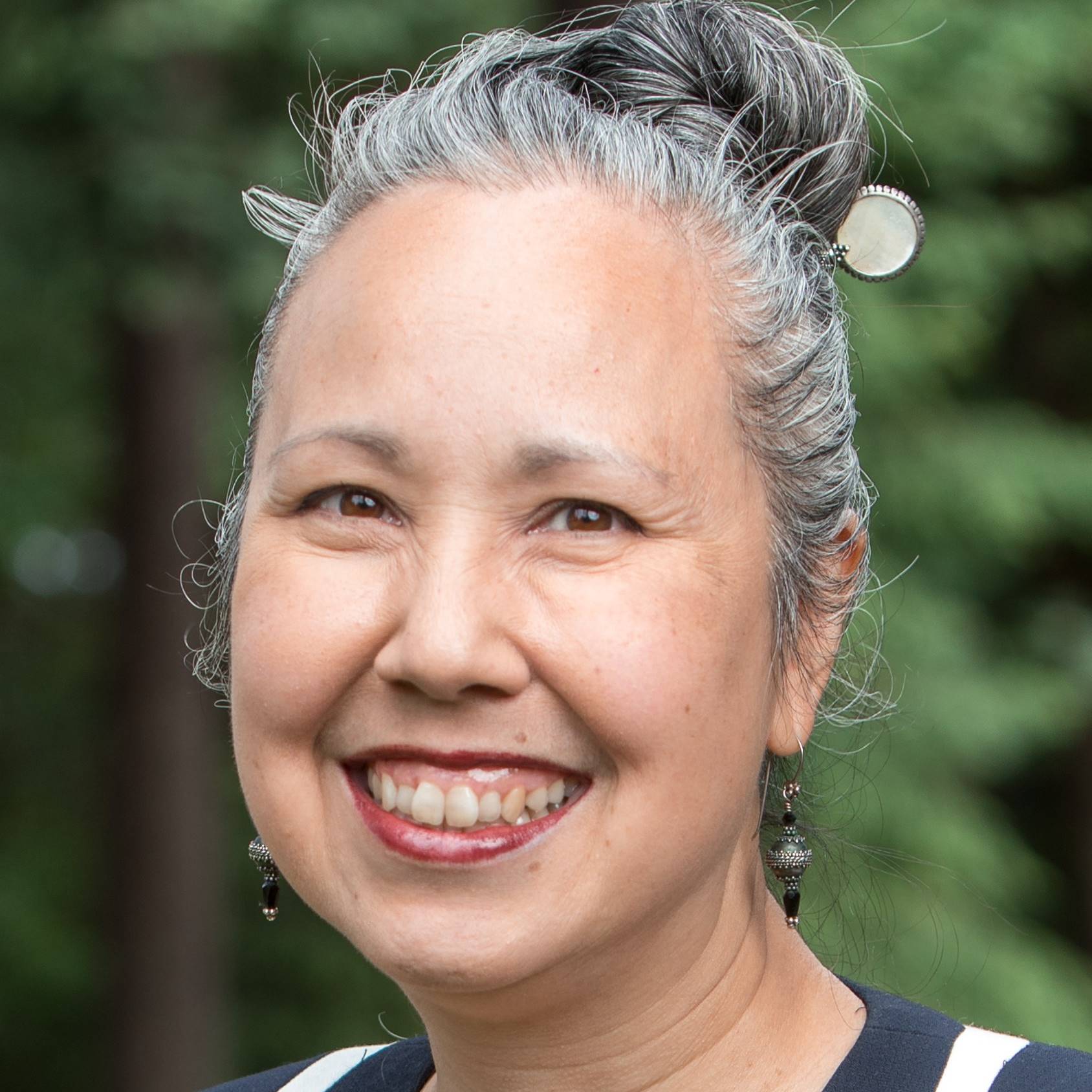Enhancing Religion and Spirituality Training to Meet Diverse Client Preferences (1 CE)
Presenters: Robert Pate, Psy.D., Kendal Boyd, Ph.D., Leihua Edstrom, Ph.D., Elizabeth Irwin, Ph.D.
3:30 PM - 4:30 PMTue
Registration Required
Your registration must include one of the required registration options to attend this session. [ Details ]
Speakers
 Irwin, Elizabeth Ph.D.
Irwin, Elizabeth Ph.D.
Adjunct Faculty and Co-Director of Clinical Training, College of Social and Behavioral Sciences
Northwest University
 Boyd, Kendal Ph.D., M.A.
Boyd, Kendal Ph.D., M.A.
Associate Chair, Department of Psychology; Associate Professor, Psychology; Director of Clinical Training
Loma Linda University
 Edstrom, Leihua Ph.D.
Edstrom, Leihua Ph.D.
Professor & Director of the Doctoral Program in Counseling Psychology
Northwest University
 Pate, Robert Psy.D.
Pate, Robert Psy.D.
Associate Professor & Director of Clinical Training
California Baptist University
As clients lean into their religious and spiritual (R&S) practices to cope with seemingly endless stressors in 2020, it is imperative that psychologists be adequately prepared to respond with compassion and competency to R&S content in sessions. With this in mind, it is difficult to engage religious and spiritual issues without acknowledging the long and varied history of R&S within the field of psychology. Psychology’s positive relationship with religion was affirmed early in its history by William James, moved toward pathologizing with Freud, then experienced many subsequent years of avoidance within the field. Psychologists have in recent years, however, begun to take a closer look at this element of diversity that holds immense value in the lives of billions of people around the globe, and more than 75% of the US population (Pew Research Center, 2014).
Learning Objectives
Participants will be able to:
1. Recognize and explain the importance of religion and spirituality to many clients seeking psychological services.
2. Apply instructional techniques designed to increase doctoral student awareness and appreciation for diverse client religious and spiritual preferences.
3. Apply instructional techniques designed to encourage doctoral students to recognize their own religious and spiritual histories and current status as possible factors in providing psychological services.